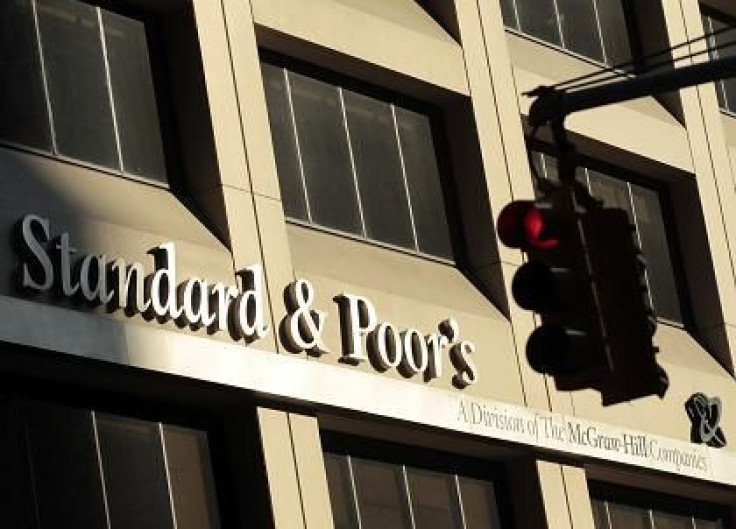Besieged By Legal Liabilities, Criticism Of Sovereign Ratings Methodologies, Fitch, Moody's, S&P Face Rough End To 2012

Criticism of global credit rating agencies and their methods continued unabated this week after an analysis by Bloomberg News showed that credit markets were more likely than not to move against the grain following a sovereign credit action by Moody's Investors Service.
Specifically, number-crunching by Bloomberg, which was published Monday, found that after a Moody's announcement, credit spreads moved the opposite direction than expected 56 percent of the time. A similar analysis of rating actions by rival Standard and Poor's found the market moved in the direction their credit action implied only 50 percent of the time -- meaning downgrades or upgrades to national credit ratings had about the same predictive probability as a coin toss.
“Credit-rating agencies historically lag the real economic fundamentals, whereas markets are ahead,” Brett Wander, the chief investment officer for fixed income in San Francisco at Charles Schwab Investment Management, told Bloomberg.
Indeed, the idea that credit rating agencies are far behind the times when addressing sovereign ratings, and that they have not yet fully incorporated the effect of central bank support to the largest economies, were the main gist of the Bloomberg analysis. The news agency cited Bonnie Baha, head of global developed credit at Los Angeles-based DoubleLine Capital LP, as noting, “if ever there was proof positive that ratings were a lagging indicator, it’s certainly been true with the way the rating agencies have responded to” the credit and sovereign debt crisis in Europe.
The report was only the latest in what has become a sustained attack on the very reasons credit raters exist. In late November, a prestigious German non-profit institute presented a framework for establishing an alternative to the private rating agencies, an idea that seems to be drawing increasing support.
The agencies are not taking the challenge lightly. After being particularly criticized, Moody's announced Tuesday it would propose several amendments to the way it rates sovereign debt and open itself up to outside recommendations early in 2013. The proposed amendments “are aimed at further increasing the transparency and forward-looking nature of Moody’s current approach,” Moody's said.
The criticism of how the rating agencies handle their sovereign ratings, while certainly a headline-grabbing issue, is not even the biggest challenge they will face entering the new year. Following a decision earlier this year by an Australian court that S&P would be held liable for incompetence after assigning top ratings to mortgage derivative-backed investment products that blew up within a year of being sold, rating firms are facing a yet-to-be-ascertained mountain of legal liabilities worldwide.
Not that the agencies haven't been in a tight spot before.
"The rating agencies have been the all-purpose bogeymen for the crisis," William J. Harrington, a former senior analyst at Moody's wrote in an essay posted Monday at several finance blogs "They are effectively protecting these other players -- who seem quite happy with this arrangement. Meanwhile, people at rating agencies say: 'Just blame us, we're used to it.'"
© Copyright IBTimes 2024. All rights reserved.











